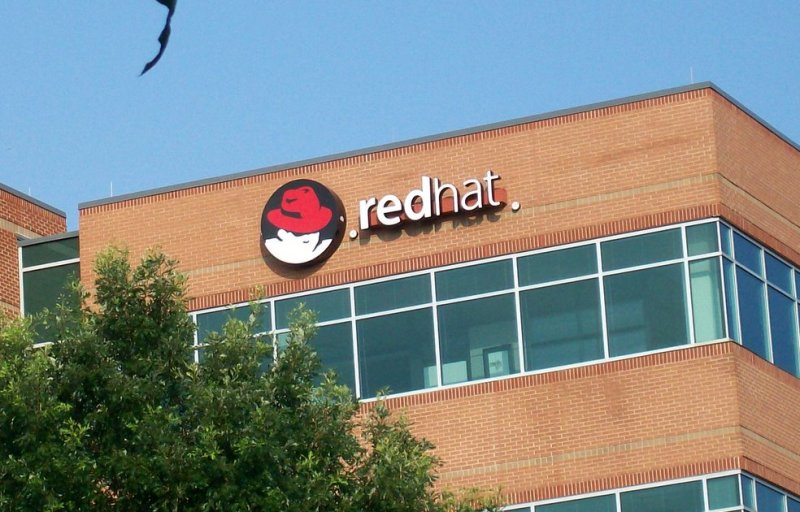Red Hat, Inc. (NYSE: RHT), the world’s leading provider of open source solutions, today announced the next minor release of Red Hat Enterprise Linux 5, Red Hat Enterprise Linux 5.9. This release marks the beginning of Production Phase 2 of Red Hat Enterprise Linux 5 and demonstrates the company’s continuing effort to promote stability and the preservation of customers’ investments in the platform. It maintains Red Hat’s commitment to a 10-year lifecycle through the introduction of several new features, including hardware enablement, security, standards and certifications, developer tools, virtualization, and more.
As with all minor releases, Red Hat Enterprise Linux 5.9 maintains backwards compatibility with hardware and software platforms across the lifecycle of Red Hat Enterprise Linux 5. Therefore, the hardware and software compatibility included within previous releases of Red Hat Enterprise Linux 5 continues with this minor release.
Red Hat Enterprise Linux 5.9 also showcases numerous improvements, including:
- Support for Industry-Leading Hardware Vendors Through Enhanced Hardware Enablement. Red Hat Enterprise Linux 5.9 showcases the strong relationships Red Hat has with leading hardware vendors by including support for some of the latest CPU, chipset and device driver enhancements.
- Continued Commitment to Security, Standards and Certifications. Red Hat Enterprise Linux has always been built with security in mind – a commitment that Red Hat Enterprise Linux 5.9 helps solidify. This update features tighter security controls, the ability to verify and check the robustness of new passwords and support for the latest government password policy requirements. It also adds support for using Federal Information Processing Standard (FIPS) mode with dmraid root devices. FIPS mode now supports RAID device discovery, RAID set activation, and the creation, removal, rebuilding and displaying of properties.
- New Developer Tools. Red Hat Enterprise Linux 5.9 includes several new developer-friendly features and tools, including the ability to develop and test with the latest version of open source Java available through OpenJDK 7. Many new SystemTap improvements have been added to Red Hat Enterprise Linux 5.9, including compile-server and client support for IPv6 networks, smaller SystemTap files, faster compiles, and compile server support for multiple concurrent connections.
- Enhanced Application Support. Red Hat Enterprise Linux 5.9 includes a new rsyslog5 package, which upgrades rsyslog to major version 5 and is faster and more reliable than existing rsyslog packages available in previous RHEL releases. Samba has also been updated to version 3.6 with several new features, including SMB2 support, a reworked print server and security default improvements for all versions.
- New Virtualization Capabilities and Flexibility in Multi-vendor Environments. Red Hat Enterprise Linux 5.9 enhances the operating system’s usability in multi-vendor environments by introducing Microsoft Hyper-V drivers for improved performance. This enhances the usability of Red Hat Enterprise Linux 5 for guests in heterogenous, multi-vendor virtualized environments and provides improved flexibility and interoperability for enterprises.
- Better Subscription Management. Red Hat Enterprise Linux 5.9 uses Red Hat Subscription Management as the default, allowing customers to effectively and more easily manage their Red Hat Enterprise Linux subscriptions locally or with tools such as Subscription Asset Manager which was enhanced to easily run reports on subscription distribution and utilization and an improved user interface. For more detail on how Red Hat customers can manage their subscriptions, please visit the Subscription Management section of the Red Hat Customer Portal.
“PayPros provides more than 55,000 businesses with advanced payment processing solutions, so we need a system that is reliable, stable and highly secure. Red Hat Enterprise Linux is that system,” said Joe Monteil, CIO, PayPros. “It has allowed us to continue to provide uninterrupted, dependable service to our customers while reducing our overall total cost of ownership. As a result, Red Hat is our platform of choice as we build our product portfolio and provide innovative solutions to our customers.”
“Our goal with each version of Red Hat Enterprise Linux is always to provide a highly flexible and extendable platform that continues to grow with the evolving needs of our customers, while allowing them to migrate to the next major release in their own timeframe,” said Jim Totton, vice president and general manager, Red Hat’s Platform Business Unit. “Red Hat Enterprise Linux 5.9 is the perfect example of our commitment to providing customers with an extensive product lifecycle, one that strives to provide continued, unwavering support for today’s technologies and business needs.”
